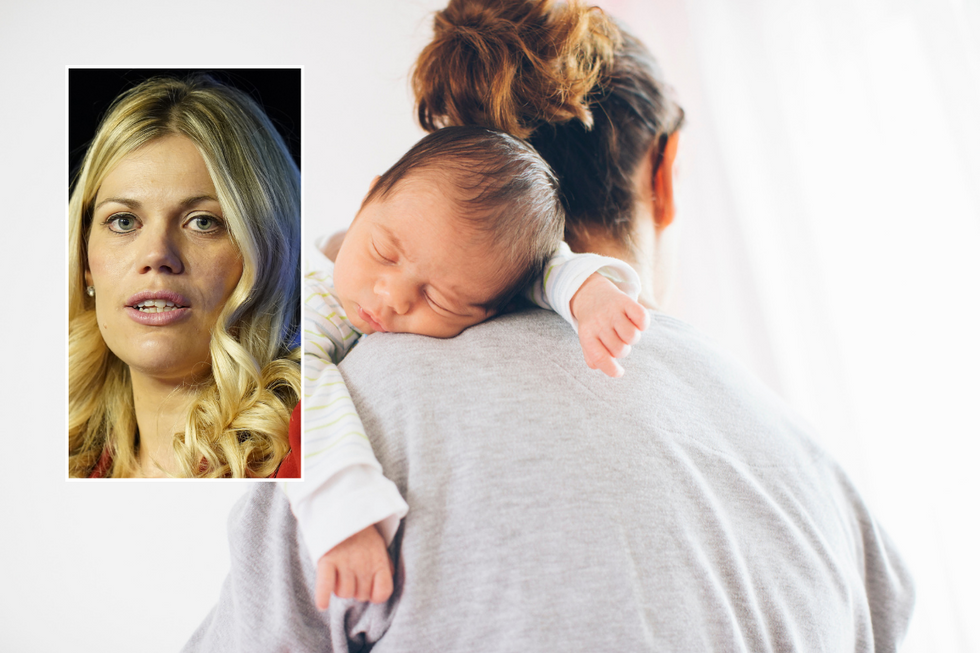UK to be reliant on immigration until the year 2100 due to falling birth rate in 'staggering social change'

The UK’s fertility rate has fallen to be one of the lowest in western Europe
Don't Miss
Most Read
New research has found that plummeting birth rates will leave Britain heavily reliant on immigration until the year 2100.
In a paper published in The Lancet, birth rates had “tumbled” in all major western nations since 1950 and according to forecasts, this trend would continue until the end of the century.
The study concluded that high-income societies including the UK will have to rely on an influx of immigration from poorer countries in Africa with higher birth rates.
Lead author on the study Dr Natalia Bhattacharjee said the dwindling working-age population in western nations would create “fierce competition for migrants to sustain economic growth."

Miriam Cates MP is one of those calling for more pro-natal policies
|PA/Getty
Dr Bhattacharjee said: "The implications are immense. These future trends in fertility rates and live births will completely reconfigure the global economy and the international balance of power and will necessitate reorganising societies."
The UK has one of the lowest birth rates in western Europe, falling from 2.19 in 1950 to 1.85 in 1980 and 1.49 in 2021.
The study forecasts that this decline will continue, dropping to 1.38 in 2050 and 1.3 in 2100, posing "enormous challenges" in how to care and pay for an ageing population.
However, the UK is not alone as this "dramatic" decline in birth rates has been mirrored around the world, as improved education and contraception mean women are having fewer babies than ever before.
LATEST DEVELOPMENTS

Hungary's Prime Minister Viktor Orban has made the political push to drive up birth rates
|Getty
These figures have raised alarm amongst European right wing leaders, including Giorgia Meloni, the Italian prime minister, and Viktor Orban, the Hungarian leader.
Back in the UK, Conservative MP for Penistone and Stocksbridge Miriam Cates has led calls for pro-natal policies to improve the birth rate, including tax breaks for stay-at-home mothers.
She told The Times: "For too long western societies have viewed declining fertility rates as unremarkable or perhaps even desirable.
"But the reality of below-replacement fertility rates is that there are now too few babies being born to sustain our society, with not enough young people to enter the labour force, pay tax or care for the disproportionate number of elderly.
"What we are facing is not a one-off population contraction but a situation where every new generation is smaller than the last. We need to wake up to the fact that falling fertility rates are one of greatest threats to western nations and their economies."
Dr Bhattacharjee added said: "Social policies to improve birth rates such as enhanced parental leave, free childcare, financial incentives and extra employment rights, may provide a small boost to fertility rates, but most countries will remain below replacement levels.
"And once nearly every country’s population is shrinking, reliance on open immigration will become necessary to sustain economic growth. Sub-Saharan African countries have a vital resource that ageing societies are losing, a youthful population."
The average fertility rate in western Europe is 1.54, and this was predicted to fall to 1.44 in 2050 and to 1.37 in 2100.
According to the study, South Korea is forecast to have the worst fertility rate by the middle of the century at 0.82 children per female.











